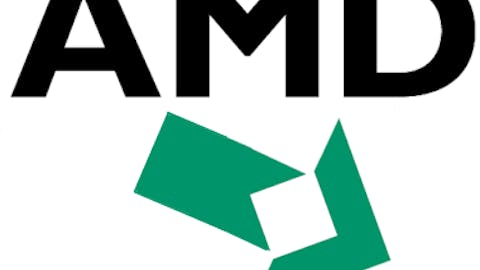On Tuesday, Apple Inc. (NASDAQ:AAPL) was grilled on Capitol Hill over its aggressive (and legal) tax minimization strategy. The company took some heat over its complex structure of Irish subsidiaries intended to minimize taxes on international sales.
The most important thing for investors to remember, however, is that Apple Inc. (NASDAQ:AAPL) is far from alone — it just happens to be the most prominent example, painting a big target on its back in the eyes of lawmakers. The real issue is the broken U.S. corporate income tax system, which many American multinational companies similarly maneuver around.
Four of the Mac maker’s direct peers similarly use the Irish strategy (or some variant), referred to as the “Double Irish With a Dutch Sandwich,” which Apple Inc. (NASDAQ:AAPL) helped pioneer decades ago. This method relies on an Irish legal concept that allows companies to avoid taxes if they’re functionally managed from another country.
Everybody’s doin’ it
According to Bloomberg, Google Inc (NASDAQ:GOOG) also has foreign subsidiaries set up for the same purpose, Google Ireland (based in Ireland) and Google Ireland Holdings (based in Bermuda). An estimated 88% of Google’s international sales are attributed to Google Ireland. The Google Netherlands Holdings subsidiary has since been closed, and the Bermuda-based Google Ireland Holdings officially manages the Google Ireland subsidiary. Google generated $7.1 billion in revenue from outside the U.S. last quarter, or 55% of its total. That shows how much international tax minimization may help Big G.
An older Bloomberg report also noted that Microsoft Corporation (NASDAQ:MSFT) uses the Double Irish. Since the method favors software companies with broad intellectual property portfolios, Microsoft is a prime candidate for its international operations.

Amazon.com, Inc. (NASDAQ:AMZN) uses a similar structure, but instead routes funds through an operating unit in Luxembourg, according to Reuters. Even though Luxembourg technically imposes a 30% tax rate, Amazon was able to pay just $37.5 million in taxes in 2011. Amazon’s business has less presence abroad in comparison: 42% of last quarter’s revenue was international. Outside of e-books, Amazon has less international content offerings than in the U.S., so its business mix abroad includes more general merchandise.
Apple Inc. (NASDAQ:AAPL) may have helped innovate the complex legal structure, but it’s certainly not the only one to use it.
The article 4 Tech Giants That Use The Same Tax Strategy as Apple originally appeared on Fool.com.
Fool contributor Evan Niu, CFA, owns shares of Apple. The Motley Fool recommends Amazon.com, Apple, Facebook, and Google. The Motley Fool owns shares of Amazon.com, Apple, Facebook, Google, and Microsoft.
Copyright © 1995 – 2013 The Motley Fool, LLC. All rights reserved. The Motley Fool has a disclosure policy.



